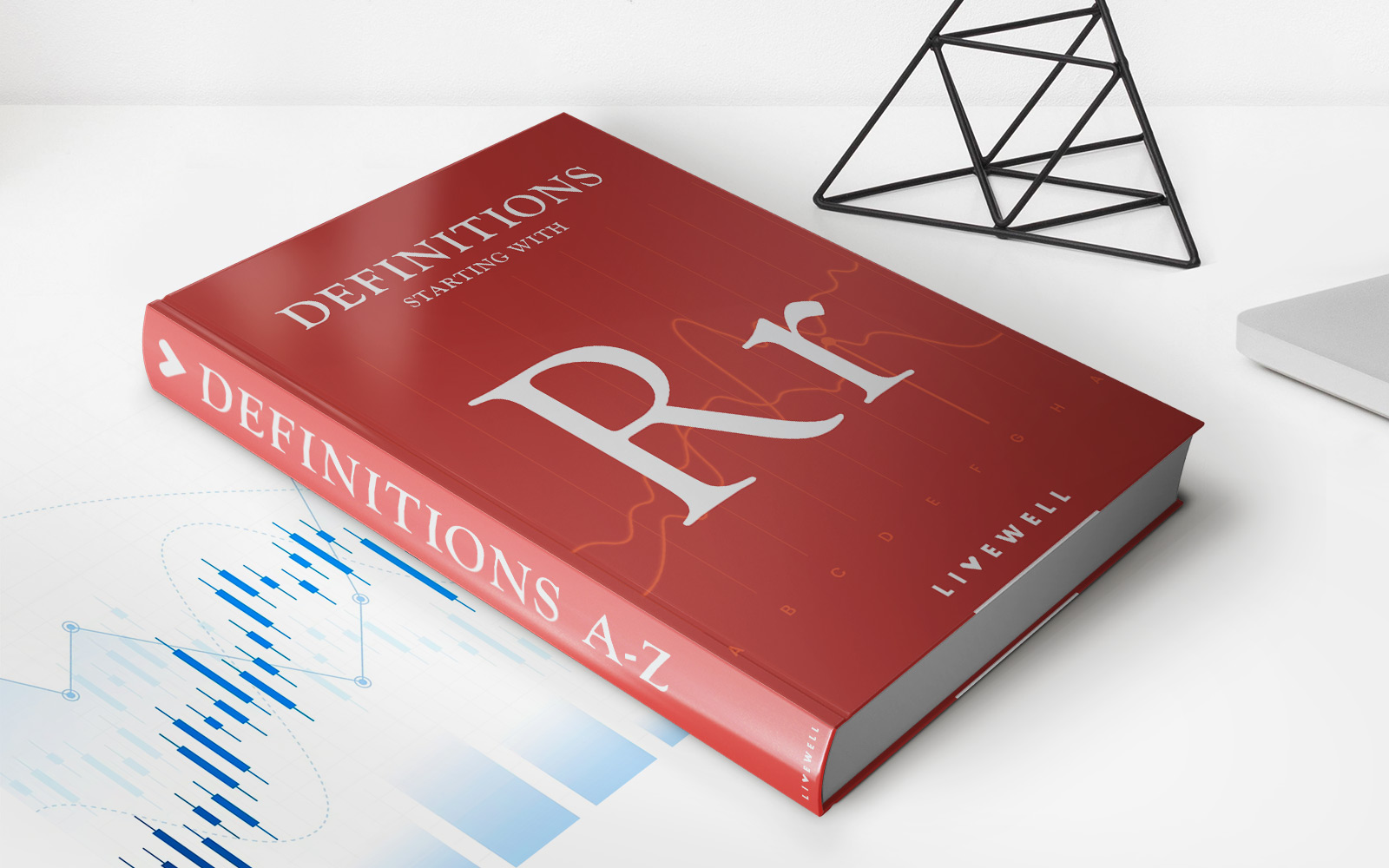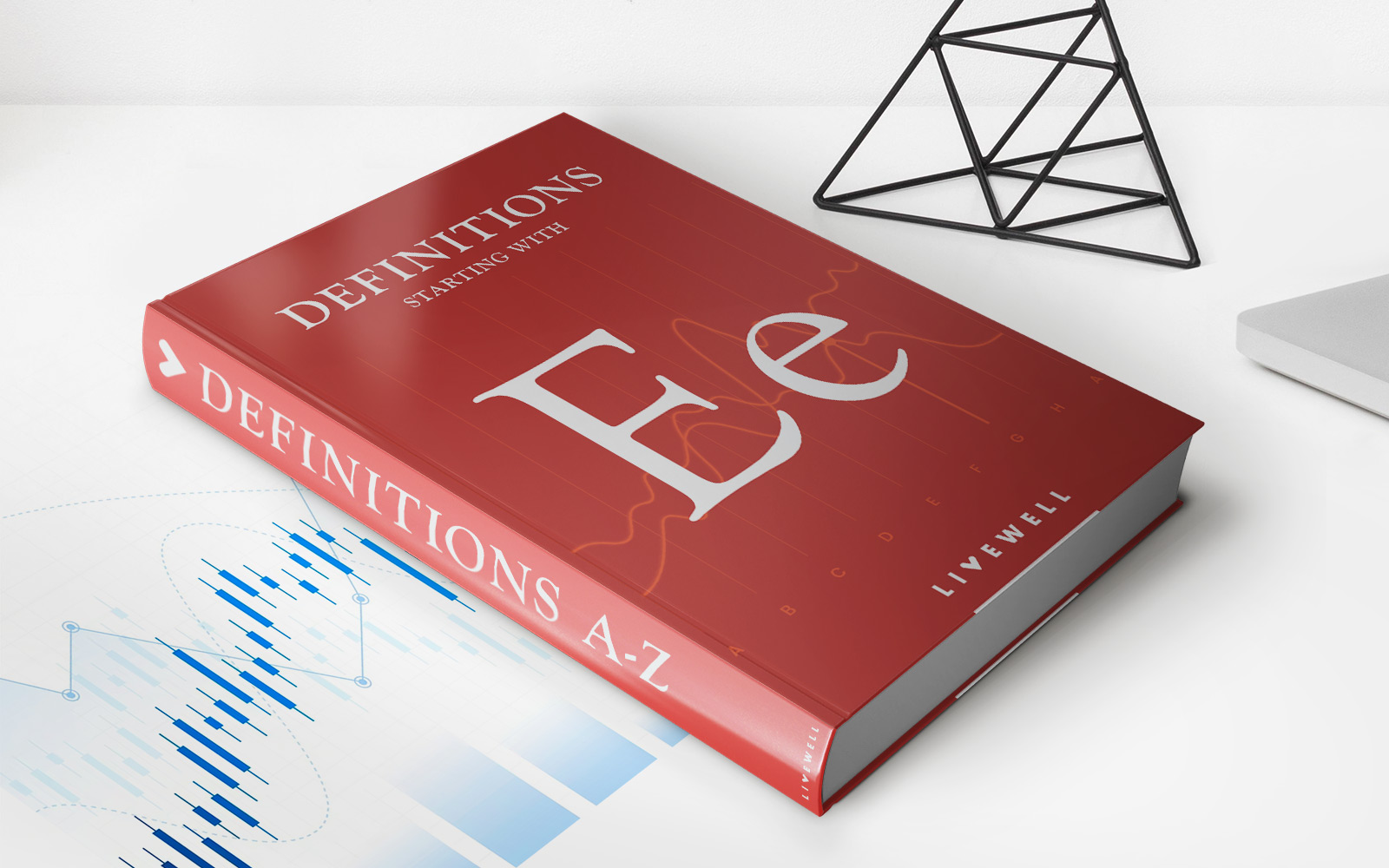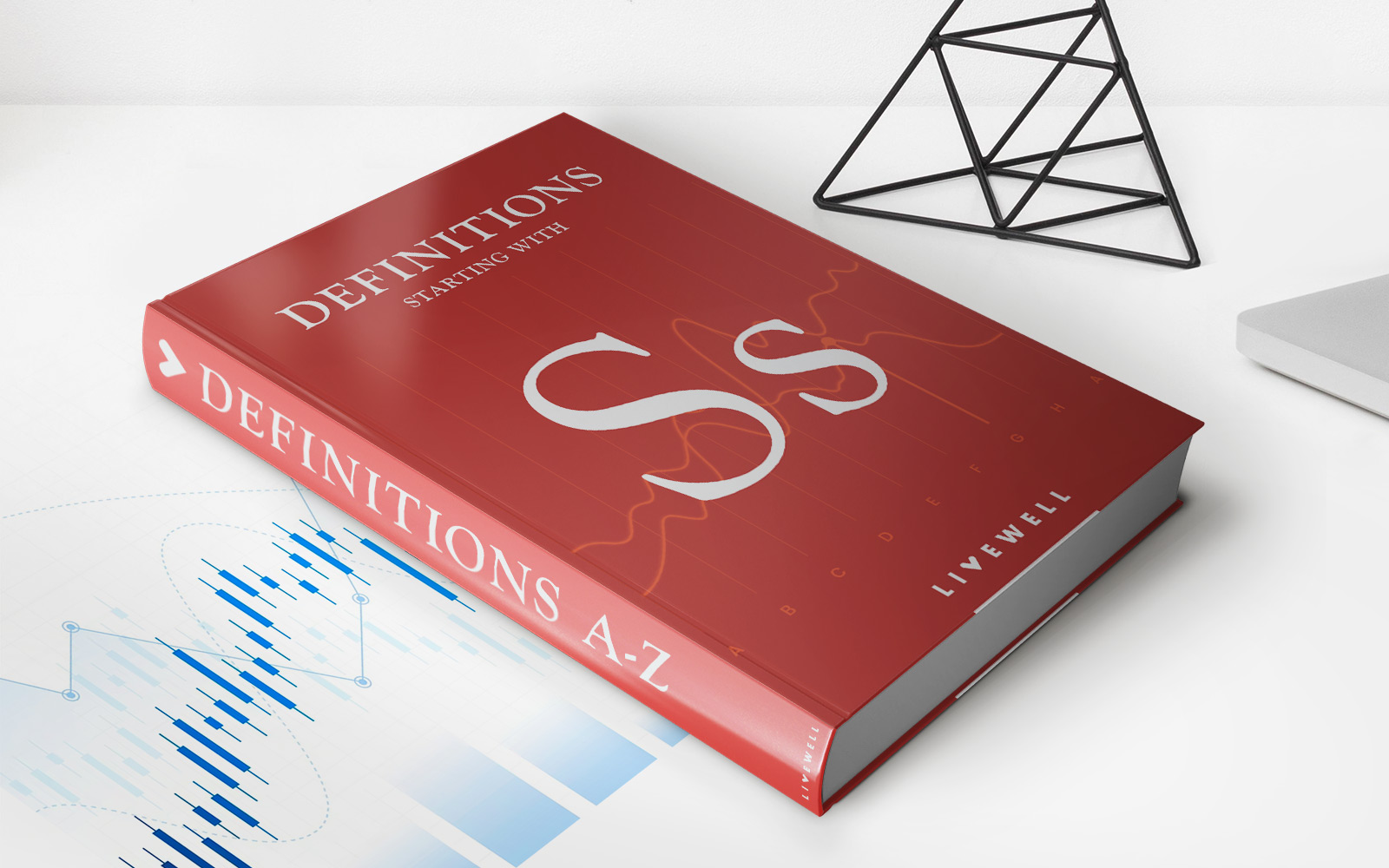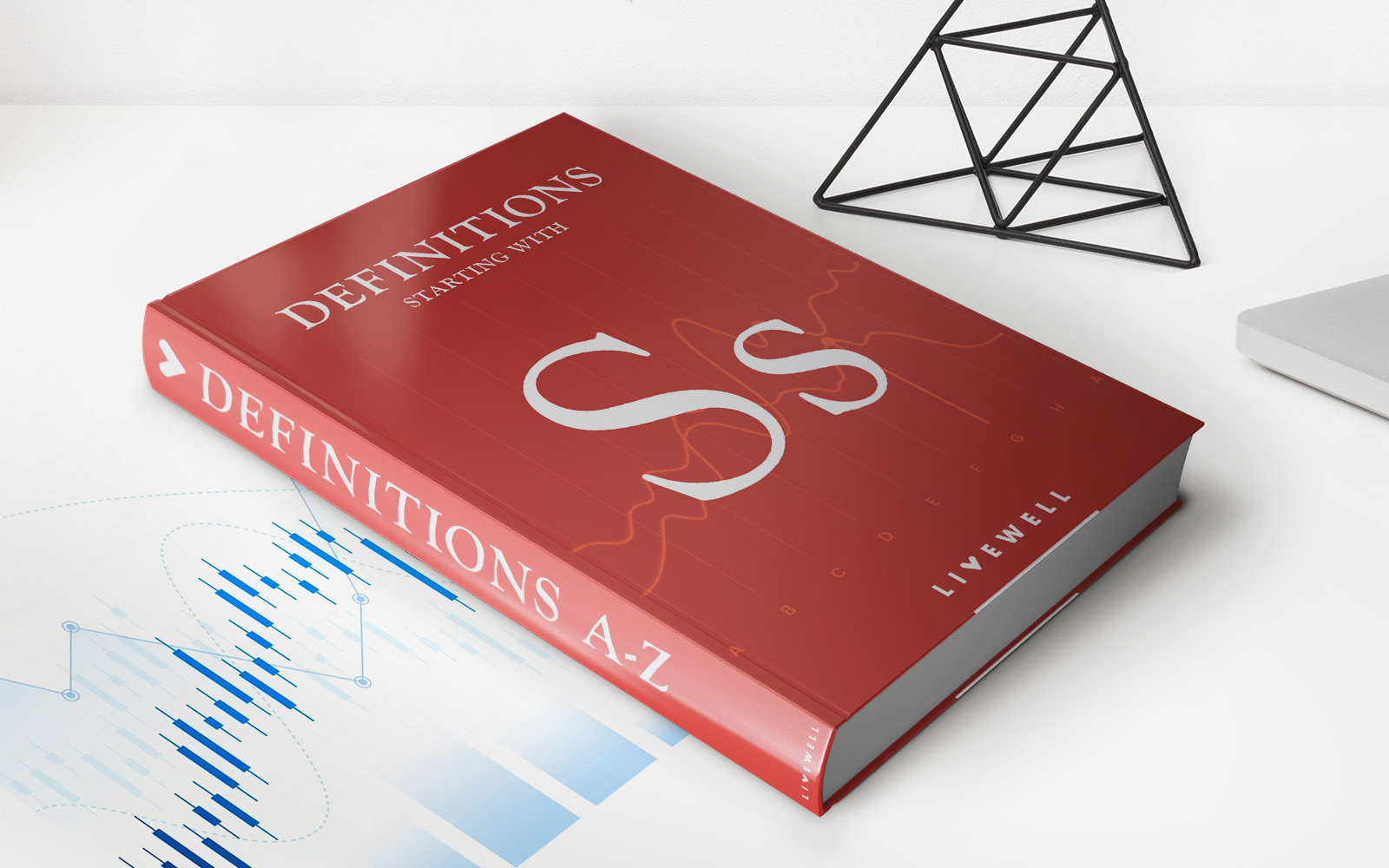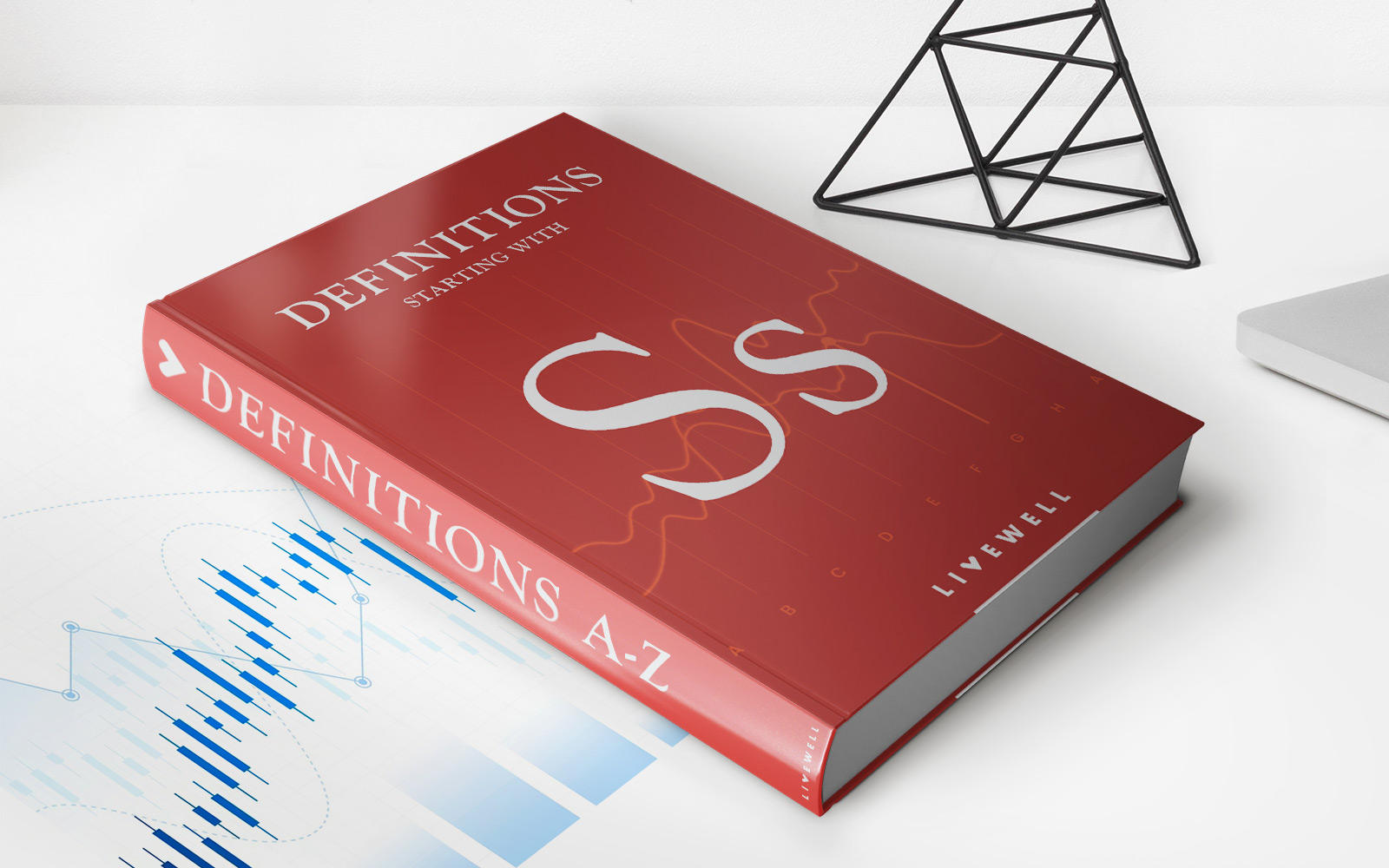Home>Finance>Section 1244 Stock Definition, Qualification Rules
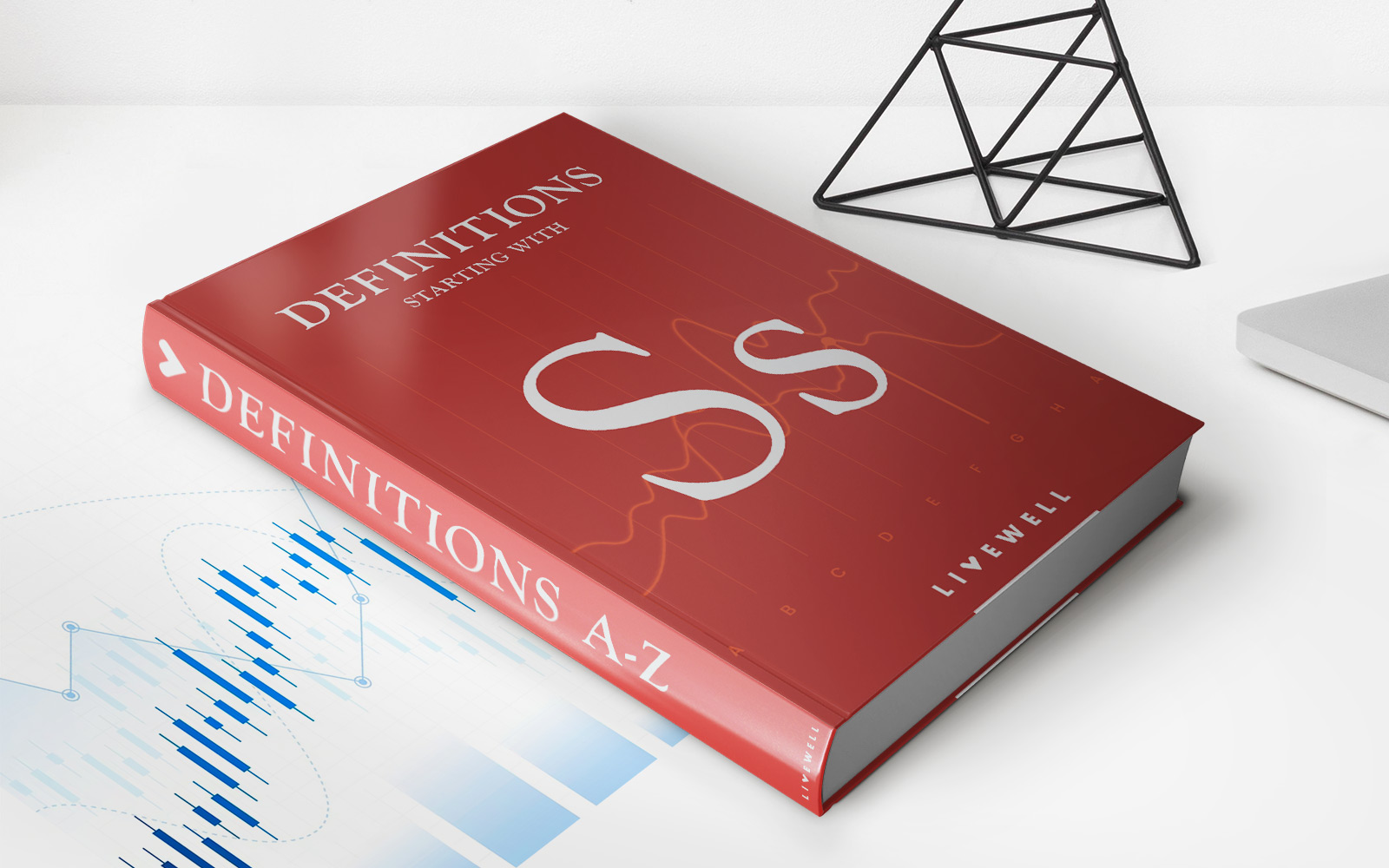

Finance
Section 1244 Stock Definition, Qualification Rules
Published: January 25, 2024
Understand the definition and qualification rules of Section 1244 stock in finance. Learn how this investment can potentially benefit your financial portfolio.
(Many of the links in this article redirect to a specific reviewed product. Your purchase of these products through affiliate links helps to generate commission for LiveWell, at no extra cost. Learn more)
Understanding Section 1244 Stock: Definition and Qualification Rules
Finance is a vast and complex realm, with numerous regulations and provisions that can significantly impact individuals and businesses. One such provision is Section 1244 Stock. In this blog post, we will delve into the definition of Section 1244 Stock and explore the qualification rules associated with it.
Key Takeaways:
- Section 1244 Stock allows individual investors to claim ordinary loss treatment on their investments in certain small businesses.
- To qualify as Section 1244 Stock, shares must be issued by a domestic small business corporation engaged in an active trade or business.
What is Section 1244 Stock?
Section 1244 Stock is a provision under the Internal Revenue Code that grants individuals a unique tax advantage when investing in small businesses. It allows investors to treat losses incurred from the sale or worthlessness of qualifying stock as ordinary losses, rather than capital losses. This distinction is vital as ordinary losses can offset ordinary income, potentially reducing taxable income and tax liability. Therefore, understanding the qualification rules becomes crucial for taxpayers seeking this tax benefit.
Qualification Rules for Section 1244 Stock:
A. Nature of Issuing Corporation: To qualify as Section 1244 Stock, the shares must be issued by a domestic small business corporation. This means that the corporation must be incorporated in the United States and classified as a C corporation for tax purposes. Entities such as partnerships, S corporations, and LLCs are not eligible for Section 1244 treatment.
B. Trade or Business Activity: The corporation issuing the stock must be engaged in an active trade or business. This requirement ensures that businesses that are mere holding companies or passive investment entities do not qualify for Section 1244 Stock treatment.
C. Stock Ownership and Issuance: The stock must be issued directly to the investor in exchange for money, property, or both. Additionally, the shares must be acquired by the investor at their original issue and not acquired from another shareholder in a secondary market transaction. The investor must also own the stock for more than six months before the loss occurs.
It is essential to consult with a qualified tax professional to ensure compliance with all the necessary requirements and documentation for Section 1244 Stock qualification.
In Conclusion
Section 1244 Stock offers individuals a valuable tax advantage when investing in small businesses. By treating losses from qualifying stock as ordinary losses rather than capital losses, taxpayers have an opportunity to offset ordinary income, potentially reducing tax liabilities. However, understanding and adhering to the qualification rules is crucial to take advantage of this provision. Always consult with a tax professional to ensure compliance with all the requirements and maximize your tax benefits.
